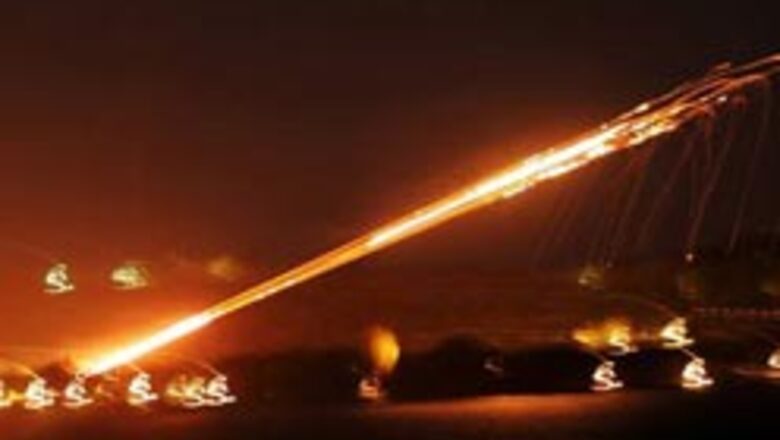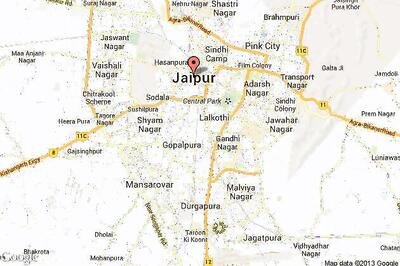
views
Sri Lanka: Artillery pounded Tamil Tiger positions in northeast Sri Lanka and fighting raged early on Thursday as the island slipped back towards civil war.
At least 800 people have died this year and ambushes, air strikes and naval clashes had become commonplace, but it was a dispute over a rebel-held water supply that led to the first major ground fighting since a 2002 ceasefire.
"Right now, it's very localised," said a diplomatic source. "But I think it will spread because the Tigers need to make the government wonder where to put their troops next."
Outgoing multi-barrel rocket fire and the distant flash of impacts in rebel areas lit up the night sky over the port of Trincomalee and the military said clashes continued in the nearby town of Mutur.
"We have sent reinforcements to the area," said an army spokesman. "But the fighting is still going on with artillery, mortars and also small-arms because some of the rebels are hiding in the houses."
Both sides say they want peace but diplomats fear the truce may become irrelevant and a two-decade civil war that has claimed more than 65,000 lives may become a reality again.
"As it stands now, there is no reason for any kind of optimism," Norwegian peace envoy Jon Hanssen-Bauer said in Oslo late on Wednesday.
The main military advance to reopen a single Tiger-held sluice gate south of Mutur and restore water to 50,000 people seems to have all but halted amid minefields and mortar fire.
The LTTE attacked three army camps before dawn on Wednesday and the military fear for more attacks.
Confusion, Risk
Assessing casualties is almost impossible. The army says it killed dozens of rebels on Wednesday for the loss of six servicemen.
Diplomats say the government is likely talking up rebel losses and may also talk down its own casualties.
Overall, diplomats say the government may have bitten off more than it can chew in launching an offensive and the Tigers, whose ultimate goal is a homeland for minority Tamils in the north and east, are doing better than expected.
On Tuesday, the rebels were able to shell the Trincomalee naval base with howitzers.
The fire did not resume on Wednesday, raising the prospect the Tiger artillery had either been destroyed or moved out of range.
The big question mark, aid workers and observers say, is over what is happening in the mainly Muslim army-held town of Mutur, close to the border with rebel territory that overlooks the entrance to Trincomalee port.
Some aid workers say the town seems to have fallen, with civilians sheltering in churches, mosques and education centres.
So far, it is too risky for aid staff to head in. Mutur is bordered to the north by water and to the east and west by rebel territory.
If, as some reports suggest, clashes block the road to the south, then the town is cut off.
"We have the same problem as everybody else - we cannot reach them," said one aid worker.




















Comments
0 comment